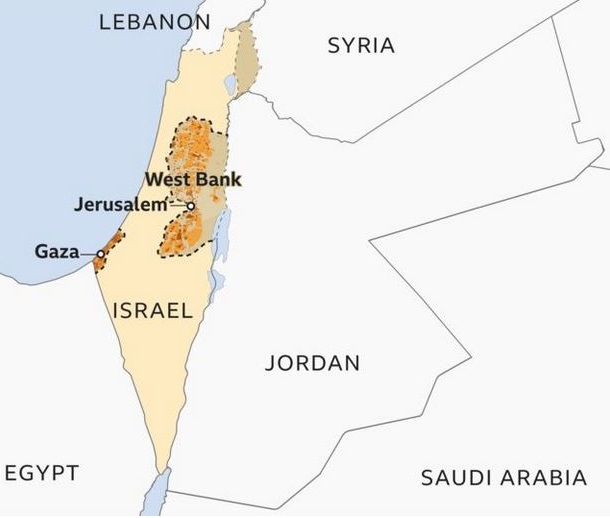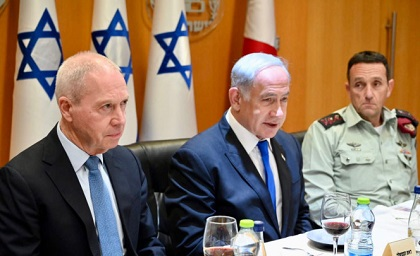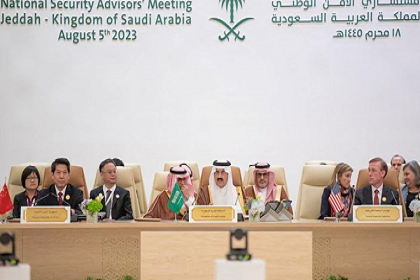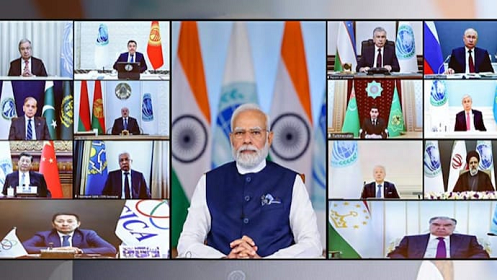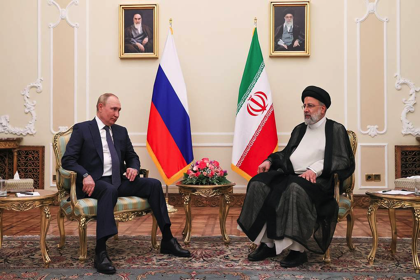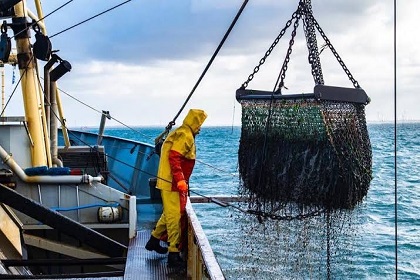Saudi Arabia’s rising regional positioning
At a time of high geo-political tensions, the Kingdom of Saudi Arabia can play a calming role as it mediates between the U.S., Israel, and Iran. It is enabled by its own diplomacy, moving to strengthen ties with Iran, with the Gulf nations slowly coalescing on issues. For the first time, it is being done without the U.S. as interlocutor.




